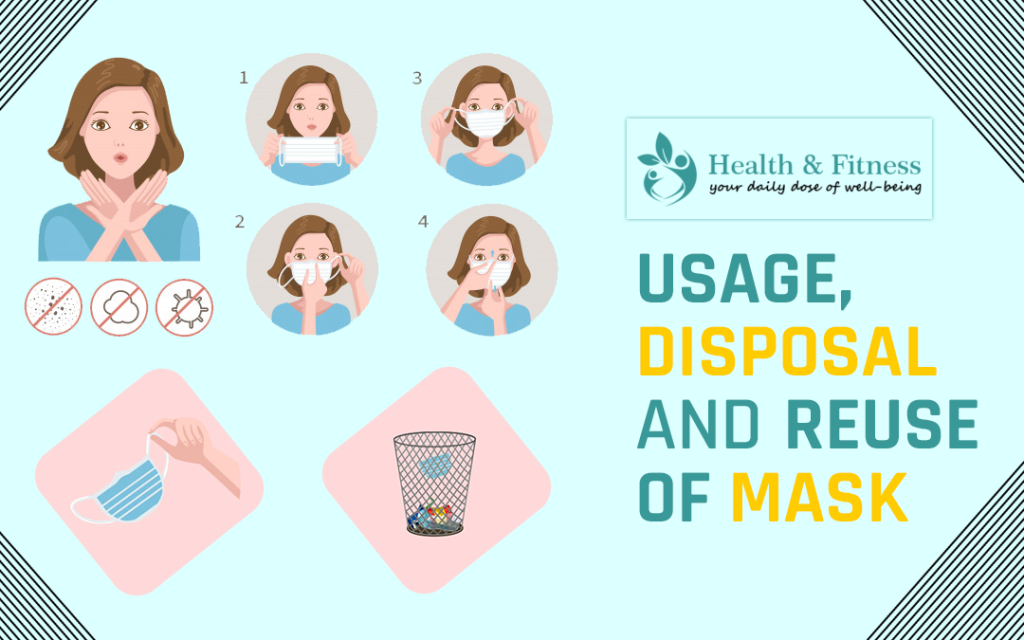Children appear at lower risk of getting infected by COVID-19, are harmed disproportionately by such precautions involved with lockdowns. The absence of a structured setting of a school for a long time span is disrupting the routine of children. Lack of ideas, boredom, and unable to meet friends has made children more clingy and more dependent on their parents.
The influence of pandemic COVID-19 can be on children can be elaborated in three different aspects:
Individual –
Influence of COVID-19 on the mental health of children Loneliness is a central element in lockdown for child and youth mental health and well-being. Experiences of loneliness include some form of social comparisons; the shared experiences of lockdown may reduce the negative influence of loneliness to some extent. As per the influence of the COVID-19 pandemic, in spite of the shared experience of the lockdown, young people and children are experiencing more loneliness. Its consequences could be the loss of peer group assistance during this crucial developmental stage when peer interaction is much important for the development of the brain, self-concept construction, and well being.
There are some other factors as well that influence the mental health and well-being of the children that include worries and concerns for education, being away from the school, academic pressures, and career for young adults. In the same way, in the case of young people and children, it has been noticed that lack of contact with others, unable to attend school, uncertainty about the future are the basic factors that influence the mental health of children.
- Family Influence within the family context. The influence of quarantine is also on the relational family context in which young people and children are isolating and the influence on the mental well being of parents and children is not ignorable. Quarantining could be traumatizing for both children and parents. Consequent lack of social and physical contact with friends and family and the outside world during the period of quarantine is associated with enhanced PTSD symptoms in children.
School
Influence of COVID-19 with the context of education. Closure of schools in such pandemic has influenced the education of even more than 1.5 billion children and youth worldwide just because of the COVID-19 pandemic. School closures further broaden the learning divide between smaller and higher-income families. school closure As, many of the parents having an access to the technology and internet are turning more to online education technology to make their kids leaned at home; however, some don’t have this facility. In a most recent survey from India Welfare Trust, it implies that how children are bearing the brunt of the pandemic.
As per the survey, 90% of the respondents believe that the study of their children is getting affected due to the delay in lifting down the COVID-19 lockdown. This survey was conducted in the month of June 2020, and 240 responses were received from over 200 organizations across India.
Hurdles In Enabling Learning
The biggest hurdle in the process of learning at the time of COVID-19 is basic internet access. Many of the parents are not able to afford recharges; therefore, children don’t get access to the device in urban areas. Some of the families in India even don’t have any smartphone.
Another most important need is the availability of facilitators to assist with the process of learning. There must also be the availability of access to free self-learning tools. The learning crisis has been exacerbated in the pandemic time.
Influence on Children’s Behavior
In a survey done amongst parents, it was reported that due to over-screen exposure and altered eating patterns of children during nation-wide lockdown to curb the spread of COVID-19 transmission, children are now much more agitated than before.
According to CRY, a non-governmental organization which is working with children, reported enhanced bonding of children with their parents, as parents tend to spend more time with their children, since children assisted them to do household chores, together they watched television.
CONCLUSION
This is an urgent need of the hour to plan an action to cater to the social and mental health needs of children and adolescents at the time of pandemic and post-pandemic as well.
There is a requirement to improve access to mental health support services to children to develop healthy coping mechanisms at the time of the current crisis. The innovative child health policies along with digital networks of psychologists, pediatricians, and community volunteers are deemed necessary.



